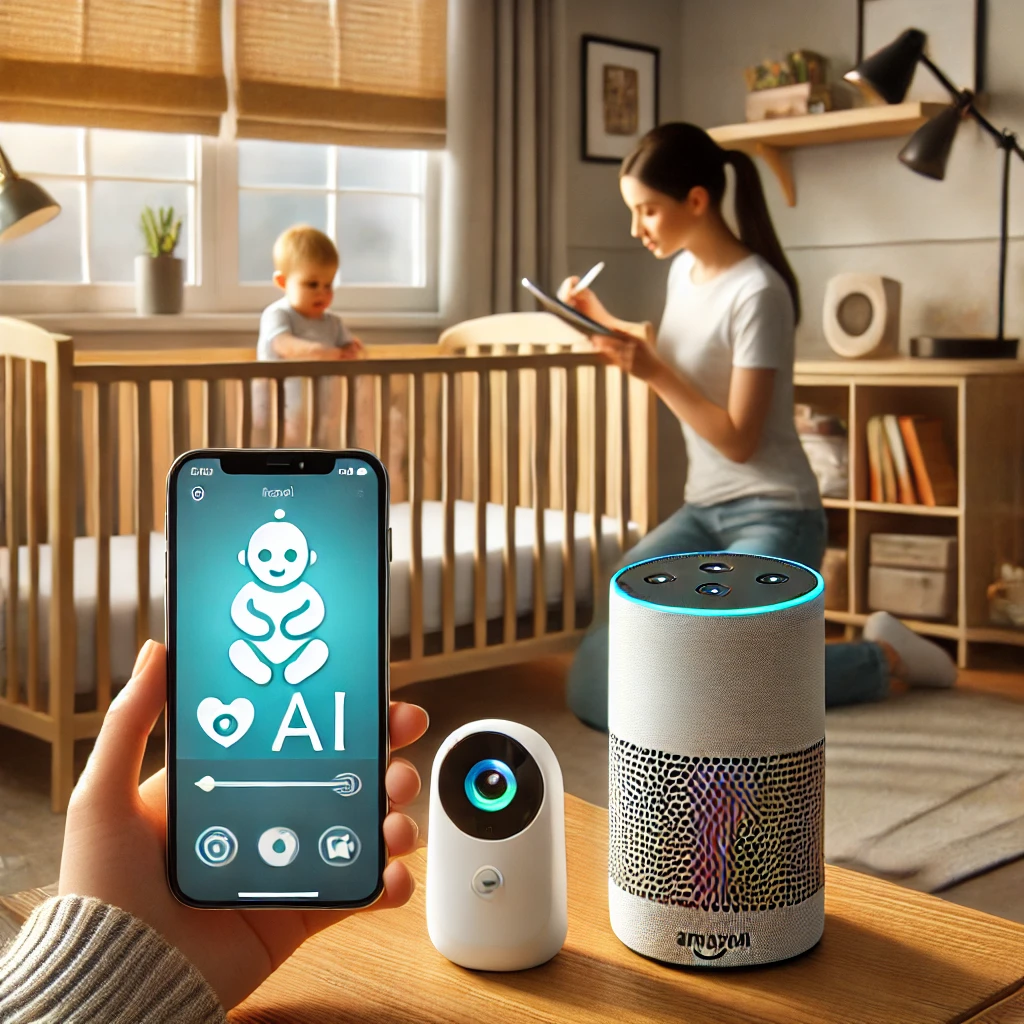A Helping Hand for Families
Parenting is one of life’s most rewarding yet challenging experiences. From sleepless nights with a newborn to navigating the complex emotions of teenagers, the demands of raising children can be overwhelming. In today’s fast-paced world, many parents are turning to technology for support, and artificial intelligence (AI) is emerging as a powerful tool to help parents manage daily responsibilities, enhance learning, and improve family life.
Here’s a closer look at how AI is being used in modern parenting and the benefits it offers.
1. Personalized Parenting Advice
AI-powered apps and platforms are revolutionizing the way parents access information. In the past, parents relied on books or advice from family and friends, but AI now enables personalized recommendations tailored to each family’s unique situation. Apps can track developmental milestones, suggest activities for cognitive development, and offer solutions for common challenges such as sleep training, tantrums, or potty training.
For example, AI-driven platforms analyze data about a child’s behavior, preferences, and learning style, then recommend strategies to improve their development. These systems take the guesswork out of parenting and provide customized advice based on the child’s individual needs.
2. Virtual Assistants for Parents
Virtual assistants like Amazon’s Alexa, Google Assistant, and Apple’s Siri are increasingly becoming part of everyday family life. These AI tools help parents manage busy schedules by setting reminders, creating to-do lists, and managing household tasks. For example, parents can ask Alexa to remind them about school events, doctor appointments, or even set bedtime routines with calming music or white noise.
In addition to task management, virtual assistants also offer entertainment and educational content for kids. Children can ask Google Assistant questions about animals, space, or science, and get instant answers that can foster curiosity and learning.
3. Smart Baby Monitors and Wearables
AI has also transformed baby monitoring devices, making them more intelligent and responsive. Smart baby monitors equipped with AI can track a baby’s sleep patterns, breathing, and room temperature, alerting parents if something is wrong. Some monitors even use AI to provide insights into sleep cycles, helping parents understand their baby’s sleep habits and optimize bedtime routines.
Wearables like smart onesies or socks track vital signs like heart rate and oxygen levels, offering parents peace of mind, especially for those who worry about conditions like sudden infant death syndrome (SIDS). AI algorithms analyze this data and send real-time alerts to parents’ smartphones if abnormalities are detected.
4. AI for Learning and Development
AI-powered educational apps and platforms can support children’s learning from a young age. These tools use adaptive learning techniques to assess a child’s progress and adjust the difficulty of tasks or lessons accordingly. For instance, AI-driven apps for toddlers can help teach basic math, language skills, and problem-solving through interactive games that grow with the child’s abilities.
For older children, AI-based tutoring platforms offer personalized learning experiences. These systems adapt to the child’s strengths and weaknesses, providing targeted exercises to help them improve in subjects like math, reading, or science.
5. Screen Time Management
One of the biggest concerns for modern parents is managing their children’s screen time. AI-based tools can help regulate this by monitoring usage patterns and enforcing screen time limits. Some apps can analyze what children are watching or playing and recommend healthier alternatives or learning-focused content. This allows parents to have more control over their child’s digital consumption without needing to constantly intervene.
The Future of AI in Parenting
While AI offers a wide range of benefits to parents, it’s important to recognize that it’s not a replacement for human connection, empathy, and intuition. AI can provide helpful tools and insights, but the emotional bond between parent and child is irreplaceable.
As AI continues to evolve, its role in parenting will likely expand, offering more advanced ways to support families. From helping children learn to improving parents’ ability to manage daily tasks, AI has the potential to make parenting more manageable and rewarding.
In conclusion, AI is proving to be a valuable asset for modern parents. It offers personalized advice, aids in managing busy schedules, supports child development, and helps create healthier habits. Used thoughtfully, AI can enhance the parenting experience, allowing families to thrive in today’s tech-driven world.

